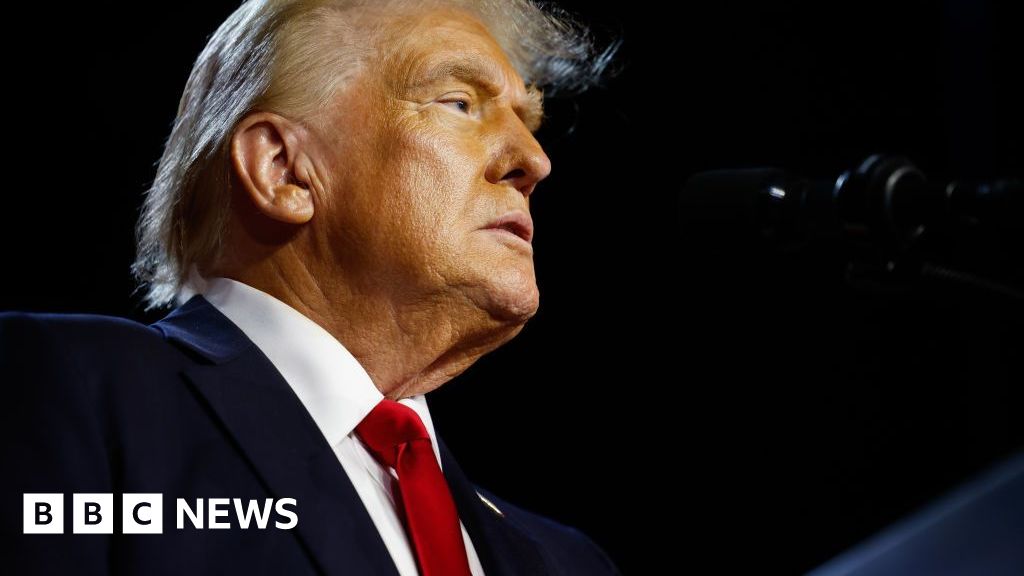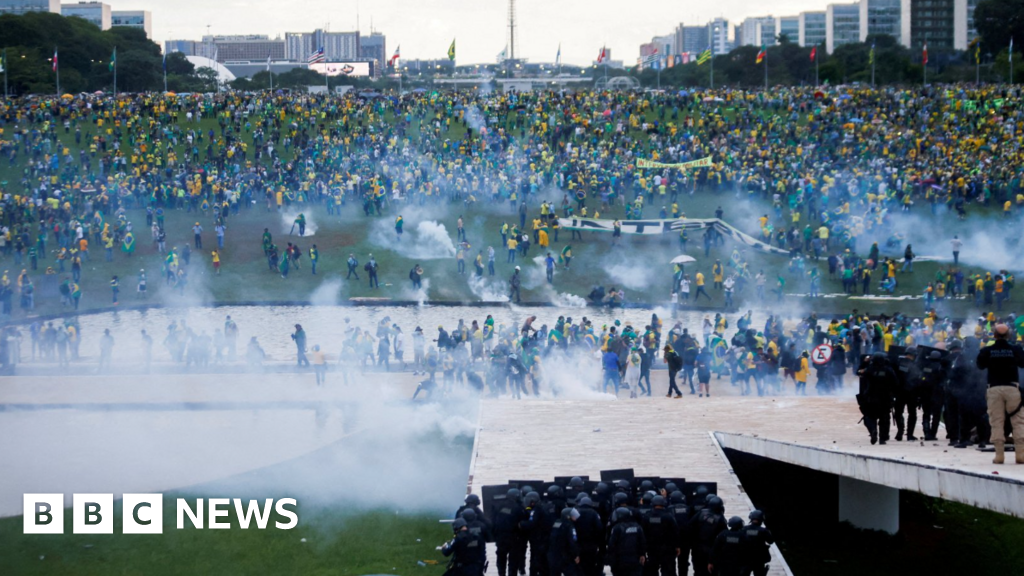ARTICLE AD BOX
The BBC's Yalda Hakim, looks at four key areas of concern in Afghanistan
BBC presenter Yalda Hakim was born in Afghanistan. Her family fled in the 1980s, during the Russian occupation, but she has regularly reported from the country since. Now she has returned for the first time since the Taliban seized power 100 days ago.
I knew that my first return to the country of my birth since the Taliban swept to power in August would raise many questions for me.
How much has the nation changed since the Taliban ousted the Western-backed government? Would the Afghan people finally get the peace they have longed for? What future would there be for women and girls who are already being pushed out of public life by their new rulers?
There was one question however I had not expected to be asking myself. What strength must it take to come to work, day after day, week after week, month after increasingly harrowing month, without getting paid?
But that is exactly what I have found out. From healthcare workers in Kandahar to cleaners at Kabul hospitals, none of Afghanistan's public healthcare staff have been paid since the government fell and foreign aid came to a halt.
Despite everything, they still turn up for work, caring for an increasingly desperate population as they themselves slip closer to the brink.
Hospital workers have not been paid in months
Nasreen works as a cleaner at the Indira Gandhi Children's Hospital in the capital, Kabul.
"If we don't come to work, these babies will die, how can we abandon them?" she tells me.
The ward needs to be as clean as possible to ensure the patients, most of them weak and severely malnourished, don't get any infections.
Nasreen says she can't afford transport, so she walks to work, a gruelling commute, down the side of one of the many mountains - trekking back up again after a 12 hour shift.
However dire the plight of the healthcare workers is, the patients they care for are in a far worse position.
Some children are facing severe malnutrition
The United Nations says almost 23 million Afghans are facing starvation. Ninety-five percent of people don't have enough food.
On the wards that Nasreen keeps clean, you see the youngest victims of the crisis. Gulnara, three years old, is so weak she can barely keep her eyes open. Her eyes are sunken, her hair is thinning, when she seems to wake up, she cries in pain.
This is what severe malnutrition is doing to the children of Afghanistan.
The Taliban spokesperson Suhail Shaheen points the finger of blame at the international community and tells me the suffering of the Afghan people has been caused by the actions of the West.
"If they are saying that this country is heading towards catastrophe, starvation, humanitarian crisis, then it is their responsibility to take action, proper action to prevent all these tragedies."
"The international community and others countries who are speaking about human rights… they should reconsider taking steps that lead to a humanitarian crisis in Afghanistan," he adds.
Whether or not you accept his analysis as to who is to blame - most observers would agree that the solution to this problem will come from international funding.
Nowhere is this more apparent when it comes to the economy. When the international aid taps were turned off, the economy collapsed.
"I used to work at the brick kilns," one man tells me while waiting on the streets for any labour work. "Back then my salary was 25,000 afghanis ($270) a month. Now I cannot even make 2,000 ($22) a month.
All four of his children are sick at home and he doesn't have any money for medicine.
"I don't see any future, Poor families don't have a future," he tells me.

 2 years ago
41
2 years ago
41








 English (US)
English (US)